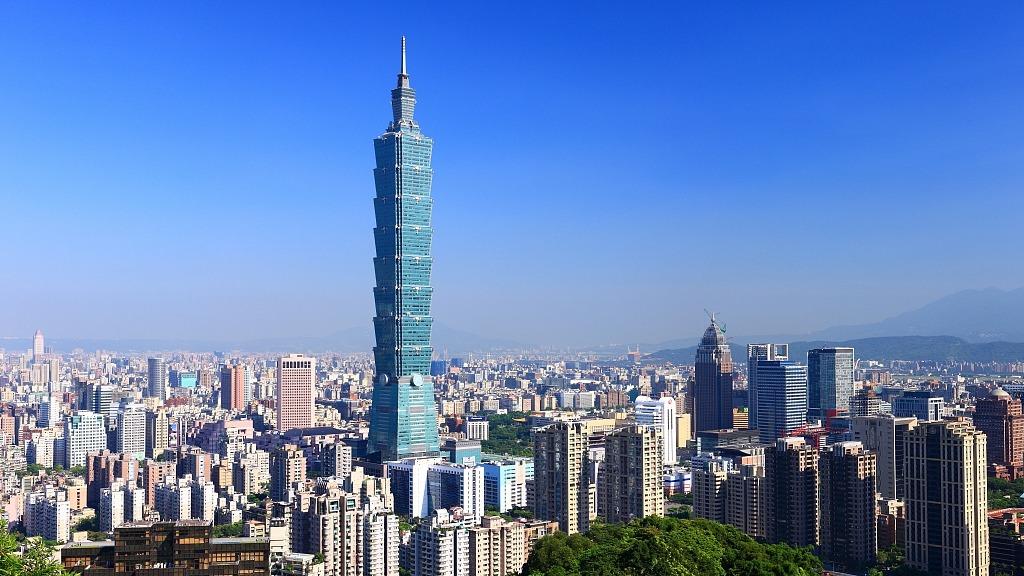 This undated photo shows the Taipei 101 skyscraper in Taipei, China's Taiwan. (PHOTO / XINHUA)
This undated photo shows the Taipei 101 skyscraper in Taipei, China's Taiwan. (PHOTO / XINHUA)
The Ministry of Commerce said on Monday that anti-dumping deposits will be levied from Tuesday on imports of polycarbonate originating in the Taiwan region, which experts said will better safeguard the legitimate rights of relevant enterprises on the Chinese mainland and maintain sound market order.
Based on an anti-dumping investigation launched on Nov 30, the ministry has ruled that polycarbonate originating in Taiwan has been exported to the Chinese mainland below its normal value, which resulted in dumping activities and caused substantial damage to the industry on the mainland, according to a statement published on its website.
As a result, the ministry decided to levy deposits from relevant companies in Taiwan on a time-limited basis starting on Tuesday as an anti-dumping measure, according to the statement.
Between Jan 1, 2018 and June 30,2022, dumped imports of polycarbonate originating in Taiwan accounted for about 22 percent of the total imports of polycarbonate by the Chinese mainland, according to the statement.
Polycarbonate is a tough, transparent plastic material with great strength, stiffness and impact resistance, which can be used in various fields such as electronic appliances, automobiles, optics, packaging, medical devices and protective equipment.
Xiang Ligang, director-general of the Information Consumption Alliance, said that it is widely used in consumer and electronic products, of which the Chinese mainland remains the world's largest manufacturing base.
The mainland rarely launches anti-dumping investigations related to Taiwan. On the contrary, the central government has rolled out a number of preferential policies to help enhance the competitiveness of the region's products, Xiang said.
As the anti-dumping measures enter into force, polycarbonate originating from Taiwan will lose its price advantage. With shrinking export orders from the Chinese mainland, manufacturers in Taiwan will not easily find a huge market elsewhere, Xiang added.
According to the statement, polycarbonate demand on the Chinese mainland continued to increase during the investigation period.
In the first half of last year, polycarbonate demand on the mainland was around 1.2 million metric tons, an increase of 15.71 percent year-on-year.
Meanwhile, during the same time frame, the mainland had a maximum polycarbonate production capacity of 750,000 tons, while the actual output was around 420,080 tons, according to the statement.
Imports of polycarbonate from Taiwan, which were priced below their normal value, disrupted market order and stifled production on the mainland to some extent, said Xu Hongcai, deputy director of the economic policy committee of the China Association of Policy Science.
The anti-dumping ruling could better protect the lawful rights of relevant producers on the mainland, so that they could compete on an equal footing and tap into their full production capacity, Xu said.
Polycarbonate enterprises in Taiwan should improve their profitability by reducing costs rather than resorting to dumping activities, he added.


